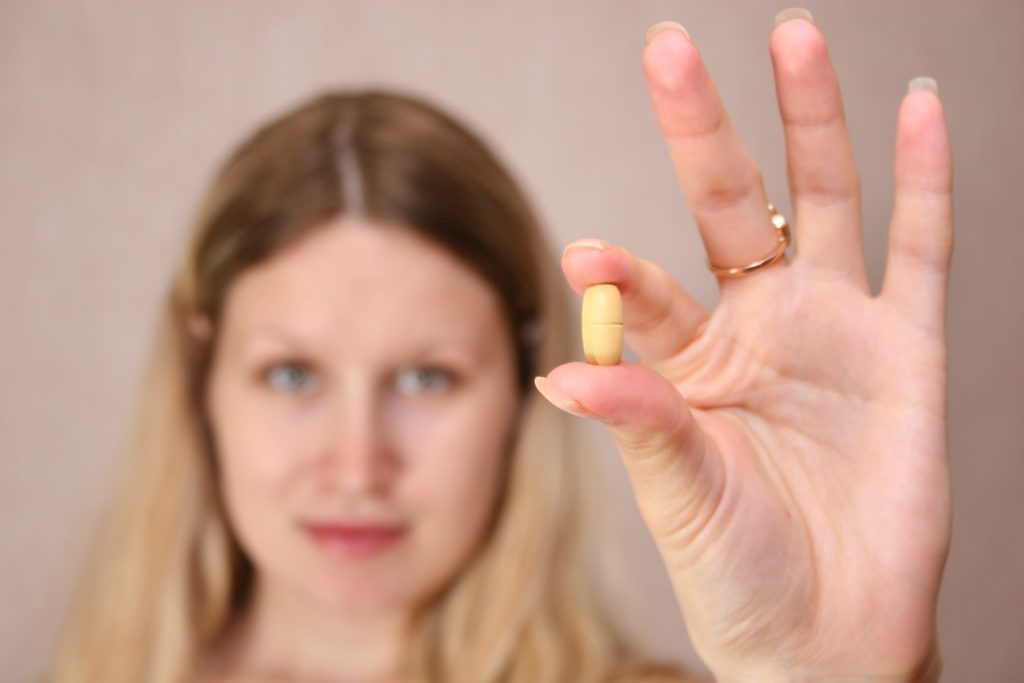The college years are often referred to as the best four years of your life, but did you know that 70% of college students report inadequate sleep? Especially when starting college, teenage insomnia is a problem for many students. It is difficult to adjust to a new environment and the lack of structure when you’re sleepy throughout the day.
How to Beat Teenage Insomnia & Cope With College Life
- Eat right.
Diet is an important part of getting enough sleep. If you’re fueling your body with junk food, not only will you find yourself at risk for a host of health problems, your sleep will suffer as well.
- Exercise.
Exercising is an excellent way to wear your body out in a natural, healthy way and will aid in falling and staying asleep at night. Counter teenage insomnia by running, walking, lifting weights, rock-climbing, or doing yoga. The Centers for Disease Control and Prevention suggest that adults participate in 150 minutes of moderate exercise or 75 minutes of vigorous exercise and muscle-strengthening activities at least two days per week to remain healthy.
- Set a bedtime.
Having a consistent sleep schedule helps ensure your body knows when it’s time to fall asleep. By setting a bedtime for yourself, you can teach your body to fall asleep at a specific time. Be sure to shut off all electronics at least 30 minutes before bedtime to help you fall and stay asleep.
- Schedule homework times.
Working on homework for long hours is a common reason students don’t get enough sleep during college. By completing homework at certain times, you can make sure you’re ready for bed at the time you specify.
Side Effects of Teenage Insomnia and Insufficient Sleep
Sleeplessness doesn’t come without consequences. If you’re having difficulty getting enough sleep in college or battling teenage insomnia, some of the side effects include:
- Agitation or anger
- Poor judgment
- Difficulty recovering from illness
- Greater risk for disease and health problems
- An inability to retain information
- Difficulty paying attention in class
- Dropping grade-point average
- Serious accidents or injury
It is important to get enough sleep, especially during such an important time in your life. If you’re having trouble sleeping, talk to your primary care doctor. Medications are available as well as natural remedies to help you fall asleep and stay asleep. Resources “Causes and consequences of sleepiness among college students” Shelley D. Hershner and Ronald D. Chervin https://www.ncbi.nlm.nih.gov/pmc/articles/PMC4075951/ “How much physical activity do adults need?” Centers for Disease Control and Prevention https://www.cdc.gov/physicalactivity/basics/adults/ “Consequences of Insufficient Sleep” Harvard Medical School https://healthysleep.med.harvard.edu/healthy/matters/consequences






